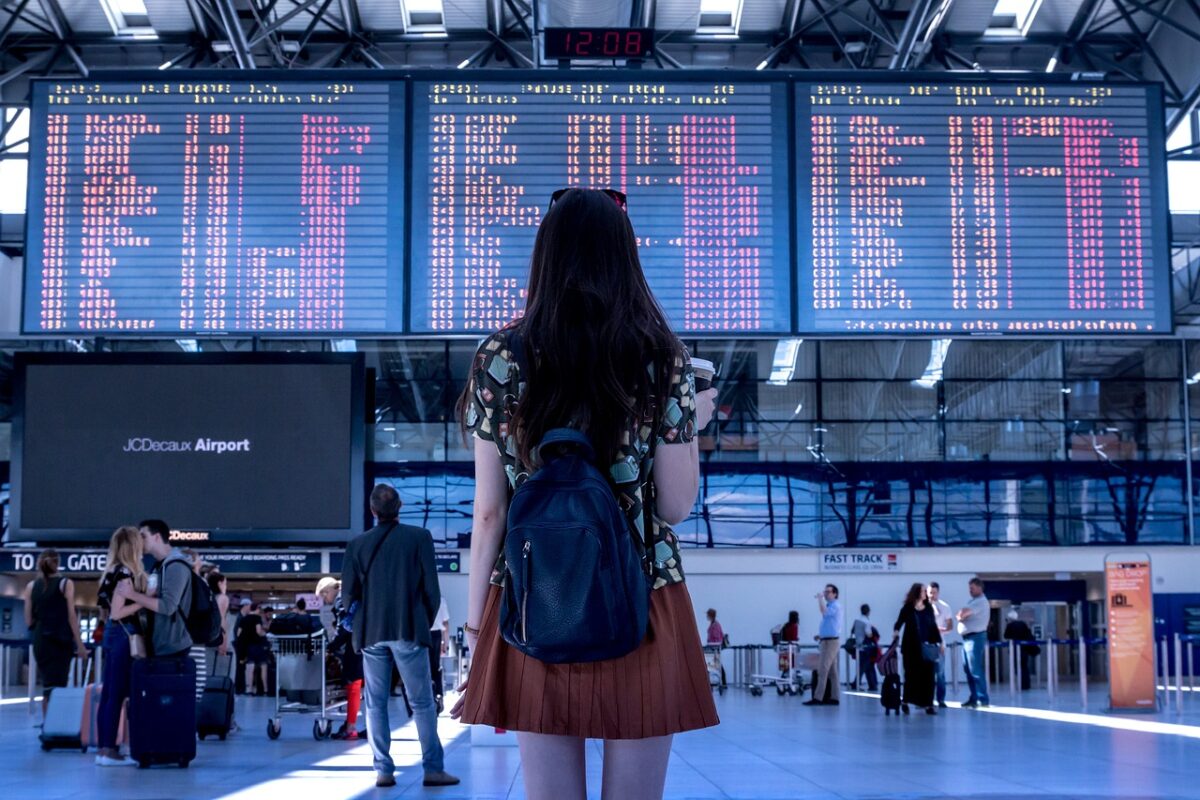By THOMAS MTUWETA, THE DISPATCH DIGITAL
Nairobi, 3 September 2024 – The Jomo Kenyatta International Airport (JKIA), Nairobi’s key gateway, has become the centre of a heated national debate following news of a proposed takeover by Adani Airport Holdings Limited, an Indian conglomerate with a controversial track record. The involvement of President William Ruto in this deal, whether in his official capacity or privately, has intensified discussions on transparency, national security, and economic strategy.
Adani’s proposal, which has been kept under wraps until recently, involves a 30-year lease under a Public-Private Partnership (PPP) model, aimed at modernising JKIA. The plan would involve constructing new passenger terminals, enhancing airside infrastructure, and possibly building a second runway. However, the proposal has been met with significant opposition. Public sentiment, particularly on social media platform X (formerly Twitter), reflects widespread scepticism and outright rejection. Critics argue that the deal is shrouded in secrecy and could lead to job losses for Kenyan aviation workers and increased costs for airport users.
Ruto’s Role and the Political Implications
President Ruto’s defence of the proposal has been unwavering. He has repeatedly emphasised the need for JKIA to evolve into a major hub capable of handling future passenger demand. In several public addresses, Ruto has dismissed claims that JKIA is being sold, labelling such assertions as “fake news.” He insists that the government is merely seeking investment to upgrade the facility through a PPP. However, questions have been raised about his involvement in negotiations and decision-making, with many speculating that Ruto has a vested interest in the deal. These speculations have only intensified after the recent controversies surrounding the Finance Bill 2024, which Ruto also pushed through despite widespread public opposition.
The origins of the deal have added to the controversy. It is reported that initial discussions were held in private, with key meetings taking place in Dubai, away from public scrutiny. This has led to allegations that the deal was conjured and sealed before it ever became public knowledge, raising concerns about transparency and due process. Ruto’s close relationship with the Adani Group, reportedly forged during these meetings, has further fuelled speculation about his motivations.
The Role of Kipchumba Murkomen and Davis Chirchir
Former Cabinet Secretary for Transport Kipchumba Murkomen played a significant role in laying the groundwork for this deal. During his tenure, Murkomen was instrumental in negotiating with Adani Group representatives, setting the stage for the eventual proposal. However, his sudden replacement by Davis Chirchir has raised eyebrows. While Murkomen was seen as a key ally of Ruto, his removal just as the deal was coming to light has led to speculation about internal disagreements or attempts to distance the administration from the controversy.
Davis Chirchir, who succeeded Murkomen as CS for Transport, has been tasked with defending the deal in public forums. Chirchir, known for his loyalty to Ruto, has echoed the president’s arguments, emphasising the need for modernisation and investment. However, his responses have often been seen as evasive, with critics accusing him of avoiding key questions about the deal’s long-term implications for Kenya’s sovereignty and economy.
Adani Group’s Controversial Record
Adding to the unease is the Adani Group’s management of seven airports in India, which has been anything but smooth. The conglomerate has faced significant criticism for its handling of these airports, including allegations of poor management, inadequate infrastructure development, and rising costs for users. In some instances, the group has been accused of prioritising profit over service quality, leading to public dissatisfaction and regulatory scrutiny in India. This track record has only heightened concerns about what might happen if the group takes over JKIA.
Public sentiment against the deal has been vocal and widespread. Social media campaigns and protests under hashtags like #OccupyJKIA have captured the frustrations of many Kenyans who see the deal as yet another instance of the government making decisions behind closed doors, without public input or transparency. These movements, particularly popular among the youth, reflect a broader dissatisfaction with the government’s economic policies and a generational clash over governance.
Despite the growing public and political opposition, Ruto seems determined to push the deal through. Observers note parallels with his handling of the Finance Bill 2024, where he also faced significant opposition but managed to pass the legislation. Some analysts suggest that Ruto’s confidence in pushing the JKIA deal is bolstered by his new political alignment with Raila Odinga. The once bitter rivals have found common ground in recent months, with Odinga offering support to Ruto on several controversial issues. This alliance, while politically advantageous for both, has raised concerns that Ruto feels emboldened to make decisions that might not align with the public will, knowing that he has the backing of a key opposition figure.
From an economic standpoint, the deal could inject significant investment into Kenya’s infrastructure, potentially transforming JKIA into a regional aviation hub. However, critics are wary of the long-term implications, including the financial burden on the government and citizens through increased airport charges or loans needed to fund the project. Strategically, there are concerns about national sovereignty and the control of critical infrastructure by foreign entities, especially one with a controversial track record like Adani.
The Adani-JKIA deal is emblematic of larger issues surrounding economic partnerships, governance, and national identity. While President Ruto and his administration advocate for modernisation through foreign investment, the opposition and public are calling for a more transparent, inclusive process that prioritises national interests. As discussions progress, the fate of JKIA under Adani’s proposed management remains uncertain, caught between economic necessity and national pride.
